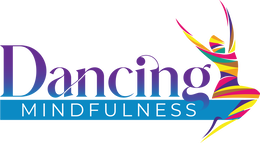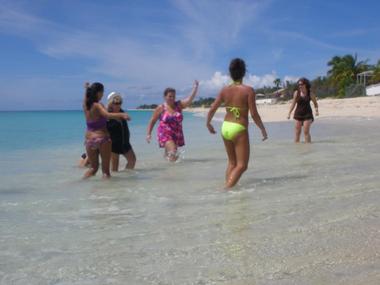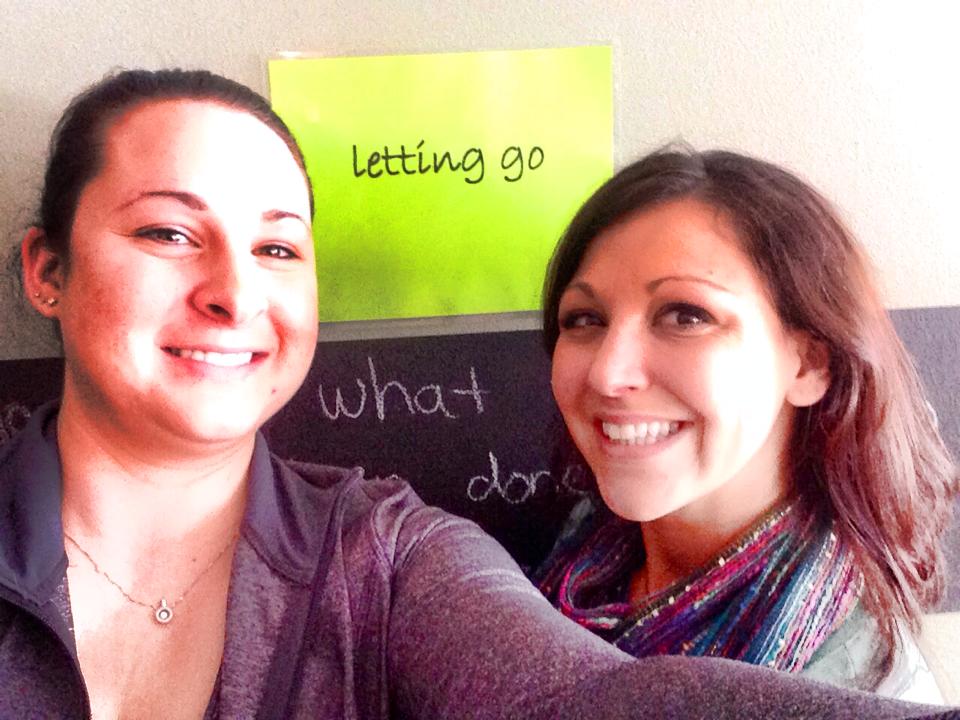|
Originally Published on StartAgain Media
“Water is the driving force in nature.” -Leonardo da Vinci When I was a child, I rolled my eyes when my health teacher, the talk shows that my mother watched, and yes, my mother herself told me that I needed to drink more water. Consuming 6-8 glasses of such a tasteless substance seemed like a chore. As I’ve aged, my position on water’s tastelessness has gratefully changed, along with my attitude towards it. Throughout my recovery, the importance of water as a vital piece of the wellness puzzle continues to grow, whether I’m drinking it, bathing in it, swimming in it, listening to it, or just appreciating the vast array of metaphors that come with the flow of water. In my career as a trauma educator, I’ve spent the last six years on my feet in front of audiences, talking for three, four, or up to eight hours at a time. When I began this portion of my work in 2008, my resistances about drinking so much water were still pretty high. Before I knew it, I realized that constantly hydrating was a necessity to not only keep my lips moistened but also to keep my body temperature regulated and my energy up. Sipping on coffee, soda, or even juice just didn’t cut it quite like water. I noticed that as I began drinking more water during my talks and classes, my desire for it in other areas of my life intensified—consuming a glass in the morning and a glass in the evening, drinking it with meals, sipping on it during clinical sessions, and even using it a vehicle through which to practice mindfulness. To me, there is no greater joy than just being in the moment with water. As a person who naturally overheats, taking a few mindful sips of water and noticing the slow trickle down my throat and into the rest of my body is one of the best techniques I have for coming back into my body when the literal heat or the heat of stress makes my head float away. On the other side of the spectrum, His Holiness the Dalai Lama discloses in much of his writing that sipping on hot water is a favorite activity of his for calming the nerves. As a young man, he found himself drinking a lot of tea and then one day it struck him that his body didn’t want the tea, his body wanted the warmth. I am also a big believer in the cleansing properties of water, not just literal, but energetic. When I began teaching with more and more frequency, a holistic health care practitioner I see suggested that after every talk I give, dance class I teach, or day’s worth of clients I see, to take a shower. As someone who was raised to shower in the morning or evening, taking showers at 5 or 6 in the afternoon became a bit of a shift in my routine, but it’s one I haven’t regretted. The difference in energy I feel afterwards is incredible. In the process, I’ve also been able to practice gratitude that I have the means to be able to take two showers a day, as it is not lost on me that a good portion of our planet is without a fresh water supply. I recently engaged in a wonderful conversation with the director of a treatment center. In dialoguing about the ways to practice mindfulness in everything, he shared, “I practice gratitude by realizing there are worse ways to start the day than by taking a hot shower.” How right he is. I can probably write a whole new blog post just on the virtues of soaking in a hot tub or taking a walk along the beach or a lake and listening to the music that the water creates. In sum, there are so many ways to practice wellness through getting in touch with the flow of water. Yes, nutritionists and healthy living experts continue to extol the virtues of drinking water, pointing out just how vital it is to hydrate for our health. My contention is that the more you spend time with water and its various form, the more you will realize this truth for yourself. One of the most formative lectures I heard as a student came from a PTSD specialist and retired Israeli Army officer, Elishiva Kaftal. In speaking about the importance of preventative self-care for clinicians she noted, “When you grow up in the Middle East, you know that if you’re drinking the water when you’re thirsty, it’s too late—you have to be constantly hydrating to stay healthy.” What fantastic wisdom that can be appreciated both literally and figuratively!
0 Comments
Originally Published on StartAgain Media
When I was in graduate school for mental health counseling, I didn’t learn a damn thing about self-care. The official curriculum obsessively focused on theories and techniques, standards and measures; the faculty just seemed to assume that we knew how to take care of ourselves. My Ph.D. program didn’t offer me with much more in the way of guidance and instruction, and in talking to my peers in the helping professionals, not learning to take care of ourselves as professionals is the exception rather than the rule in graduate training. And then we wonder why there is such high turnover in the counseling professions; we lament when people, on average end of leaving the fields of helping after 3-4 years of work. Clearly something is lacking in how we train helping professionals… Although the field has evolved since the days where psychodynamic methods ruled the landscape, there is something to be said about the tradition of that to become a psychoanalyst, you needed to be psychoanalyzed yourself. When I asked my graduate school advisor (Master’s level) why personal counseling is not required to become a counselor, she answered that too many legal barriers exist in the modern era to making people do counseling. Other research-driven peers insist that the empirical literature is not conclusive on whether or not you have to go through personal therapy to be a good therapist. Yet there is some evidence out of an amazing study done in Australia (Charman, 2005) to suggest that high performers (e.g., therapists whose patients are more likely to meet established outcomes measures) describe themselves as mindful, intelligent, intuitive, open, patient, creative, flexible in personality, and self-aware. Moreover, these helpers also identify as not having an agenda, as having care and concern for others, having an awareness of their own issues, and are able to take care of themselves. In my view, this study gives evidence to what may of us discover the hard way---you must take care of yourself in order to be effective as a helper. “Counselor, heal thyself” is more than just a cute saying. There are other ways besides professional therapy to take care of oneself (yet speaking for myself, I would never have survived as a therapist if I didn’t have my own therapy at the onset and at strategic points throughout); regular practices in meditation and mindfulness, spiritual practices, involvement with 12-step or other support groups, regular exercise, setting time aside for hobbies, and having clear release rituals are just a few that jump out as powerful strategies. In the coming weeks, I will be featuring a series on strategies for improving self-care as helping professionals. I’ll discuss some of the methods I talked about here in greater depth, take a look at why it is so hard for those of us who are drawn to helping others to follow our own suggestions for self-care, and I’ll talk about my practice’s commitment to helping other professionals in an approach that I call Healing the Wounded Healers. Reference Charman, D. (2005). What makes for a “good” therapist? A review. Psychotherapy in Australia, 11(3), 68–72. |
Dr. Jamie MarichCurator of the Dancing Mindfulness expressive arts blog: a celebration of mindfully-inspired, multi-modal creativity Archives
September 2022
Categories
All
|
Contact |
Memberships & Affiliations |
|
Please direct all inquiries to:
[email protected] © Mindful Ohio & The Institute for Creative Mindfulness, 2021 Terms of Use Privacy Policy |
Dancing Mindfulness/The Institute for Creative Mindfulness is an organizational member of the International Association of Expressive Arts Therapists, the Dance First Association, and NALGAP: The Association of Gay, Lesbian, Bisexual, Transgender, Addiction Professionals and Their Allies; Dancing Mindfulness proudly partners with The Breathe Network and Y12SR: The Yoga of 12-Step Recovery in our shared missions.
|



 RSS Feed
RSS Feed